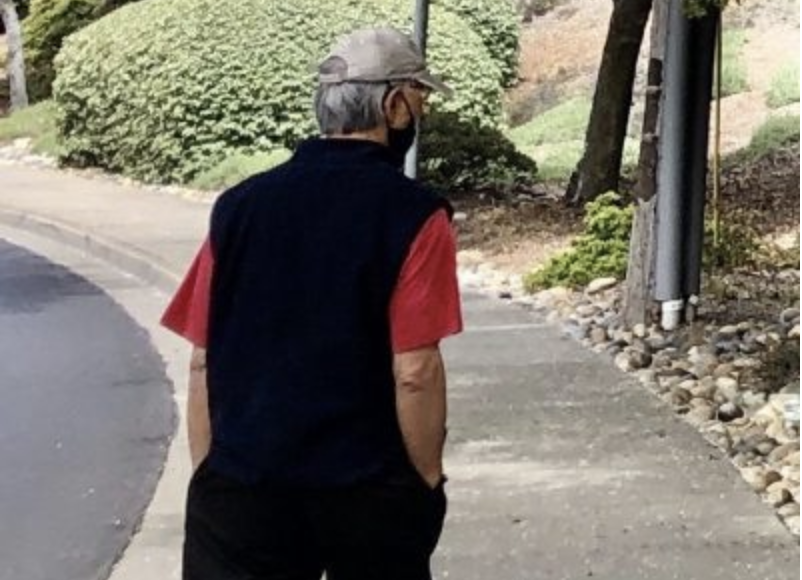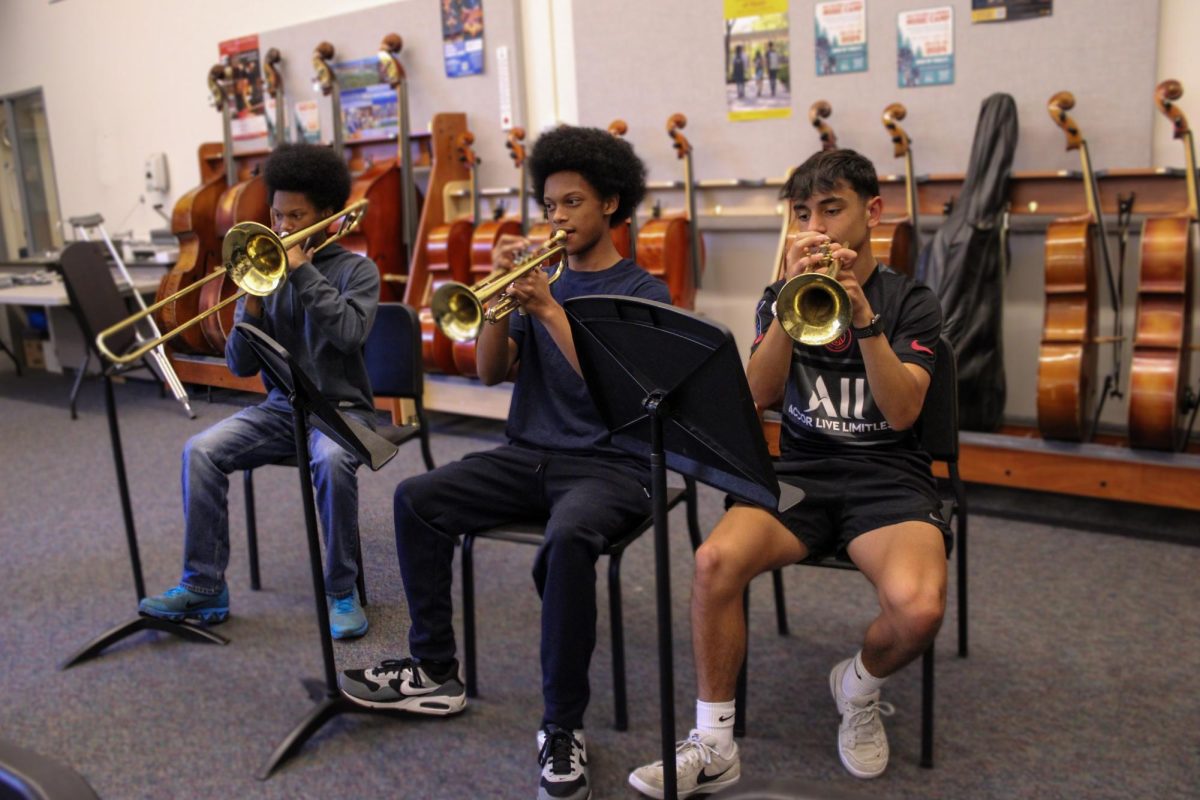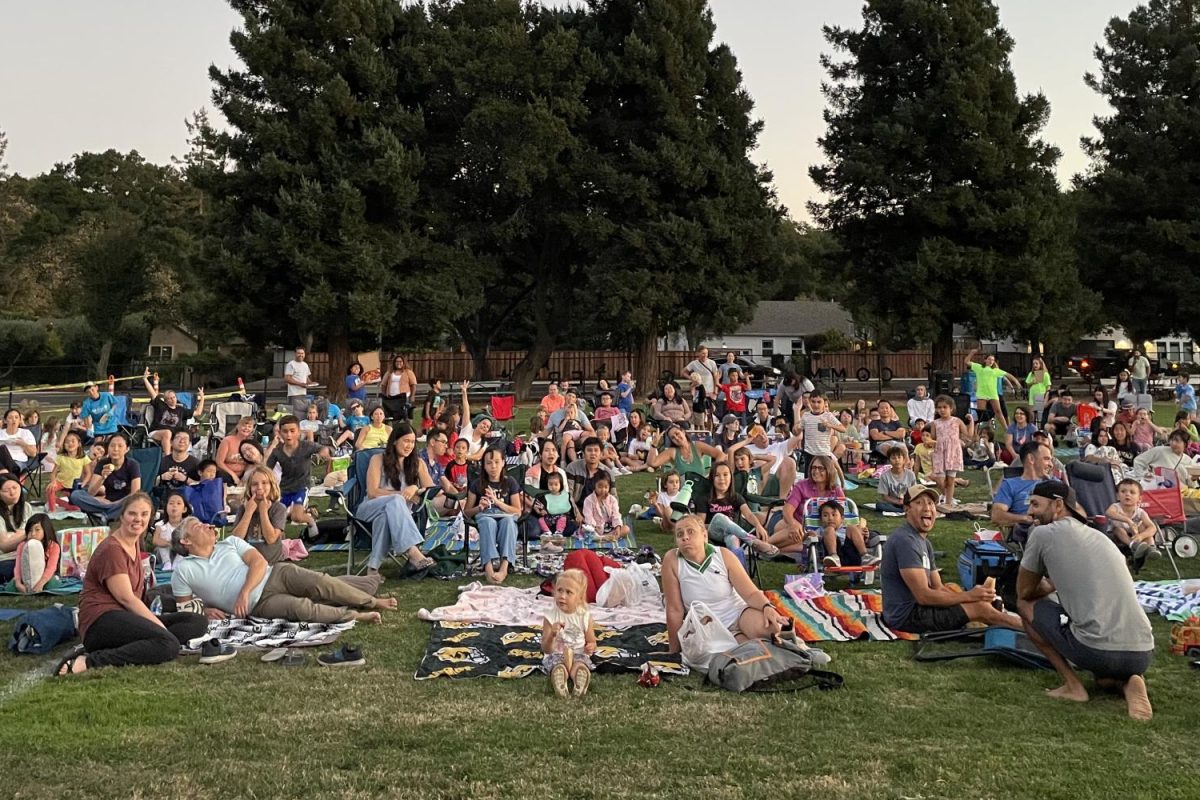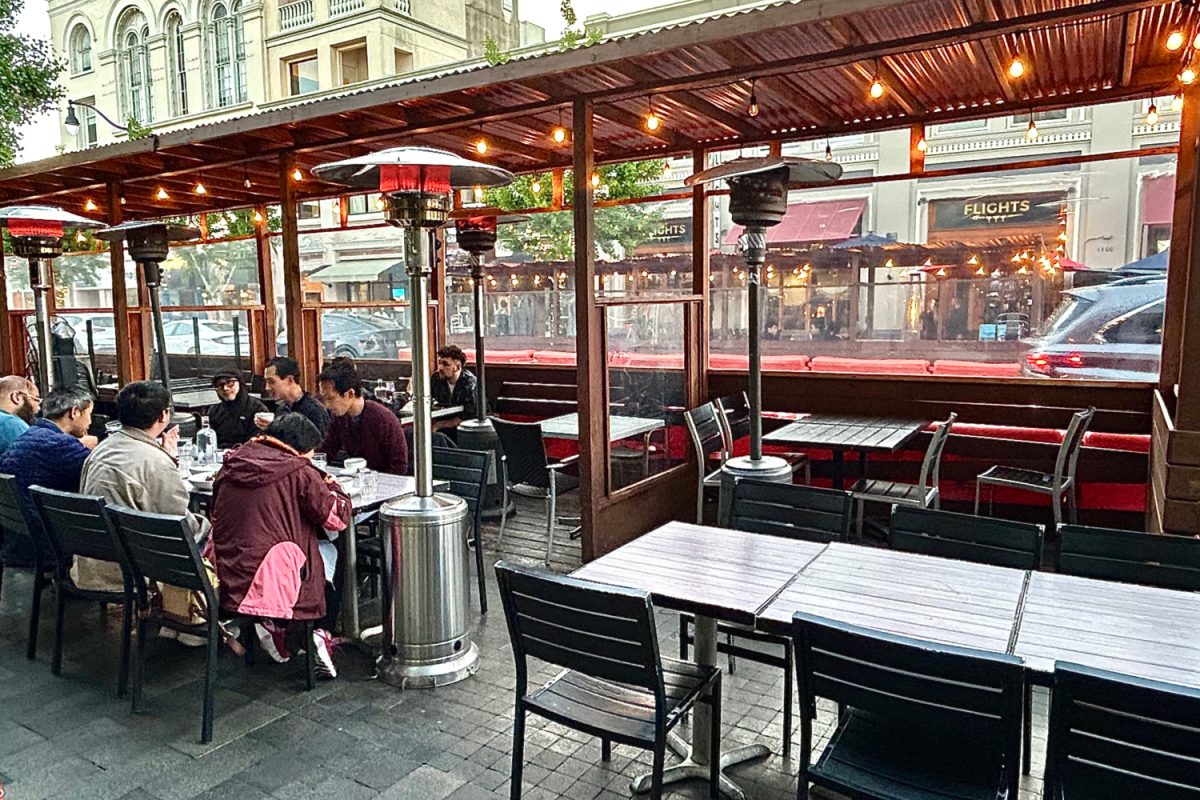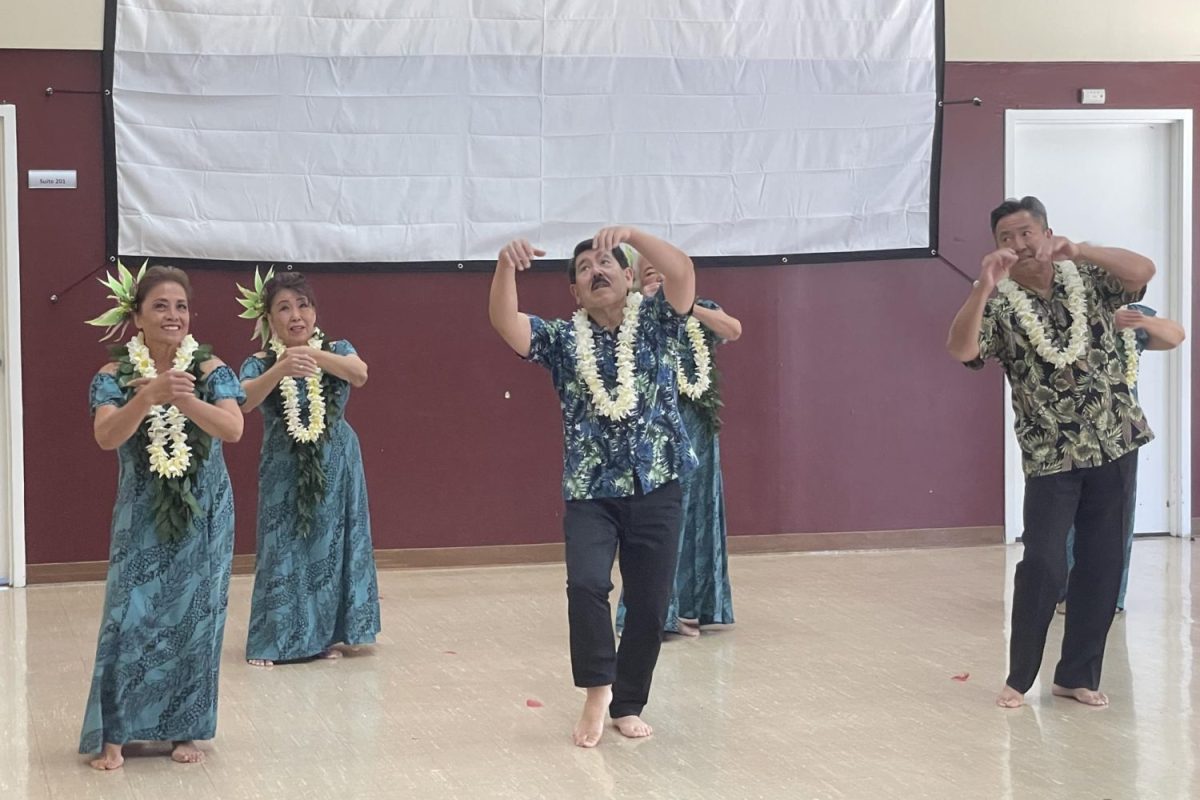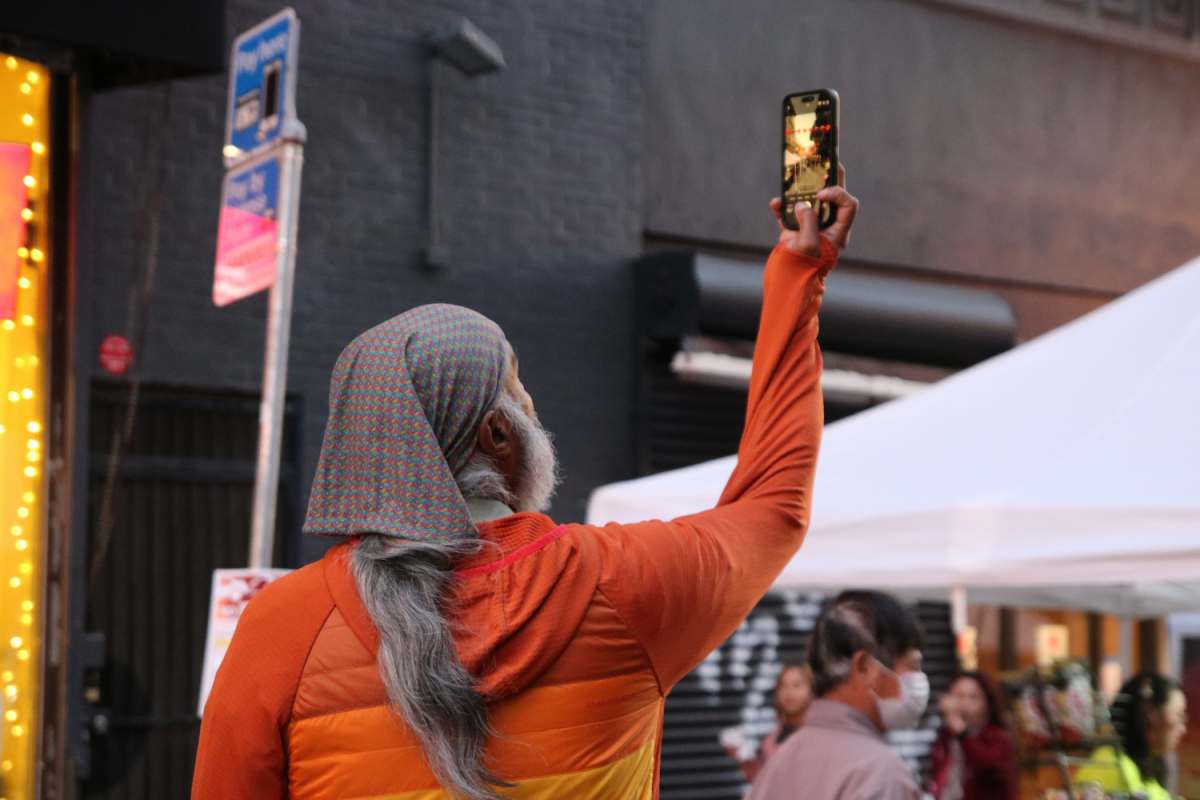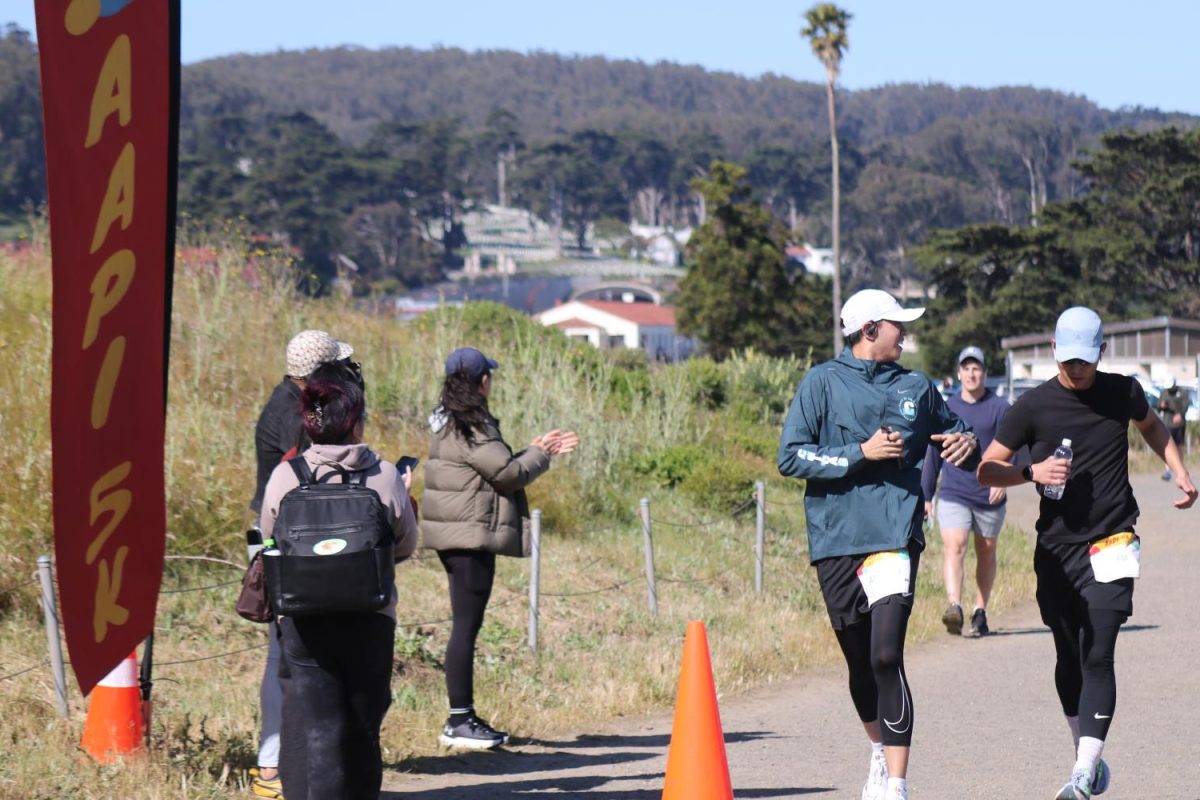When Bozhena Palatnik’s mother left the house and got lost, Palatnik was worried for hours. With her mother’s Alzheimer’s diagnosis, Palatnik knew her mother would not be able to tell anyone her address or even what city she was from. Palatnik was lucky that her mother was found within hours, but the experience is common for those who care for the memory impaired.
The Belmont Police Department now offers a new program called Tracking and Recovery of Adults and Children (TRAC), which aims to provide relief to families with loved ones who suffer from cognitive memory disorders or developmental impairments, such as Alzheimer’s, Dementia, or Autism. The TRAC program provides sturdy GPS tracking units that family members can wear, helping to provide a way to keep loved ones safe when they are away from home. It is available to adults and children.
Palatnik, who works in Belmont as a city engineer, is a believer.
“This is a great program. Only people who have family members with memory problems or people who suffer from memory impairments would truly appreciate it. I am very grateful that this program exists,” Palatnik said.
While Palatnik’s mother was found safely, other cases have not had as happy an ending.
Belmont’s TRAC program is dedicated to Paul Farmer, an 86-year old Belmont resident who walked away from his home in Belmont on August 26, 2019. Farmer had dementia, which caused him to become disoriented, which played a part in his disappearance. Coordinated searches were conducted through local resident volunteers, professional search and rescue teams, helicopters, and trained rescue dogs. Despite weeks of searching, door-to-door campaigns, community rallies, and news coverage that included dash-cam video believed to have shown Farmer walking on the side of Highway 92, Farmer was never found.
“August 2019 was a pretty bad time, with the loss of Mr. Farmer,” said Lieutenant Kenneth Stenquist of the Belmont Police Department, recounting the pain of the case. “The TRAC program was a collective brainchild effort with Chief Psaila, myself, and a few others. We were determined to find a solution and make sure we could prevent another such tragedy,” Stenquist said.
The department rolled out the program early in 2020, and Stenquist, who is in charge of the program, explained that the TRAC program geolocates participating at-risk seniors using a Samsung tracker, which is simple to work with. The unit is small and can be worn or placed in a pocket.
The unit, which is issued free of charge, can be paired with an app on family members’ smartphones. One year of network service is included for free. After the first year, participants must pay $5 per month or $50 per year to maintain the network service.

Alexander Wong, who lives in San Francisco and used a similar program with his mother, who also had dementia, cautioned that one cannot let their guard down despite such programs.
“My mom had an emergency pendant that she frequently forgot to wear. I think these types of devices are a helpful tool but are far from foolproof,” said Wong.
Despite the logistical challenges of getting loved ones to consistently wear the tracker, many families feel this program offers an easy and potential solution for loved ones who may be susceptible to wandering. Palatnik emphasized getting creative with monitoring her mother.
“I basically attached the unit to her pants and hid all her other pairs,” Palatnik said.
Overall the program has been received positively. Stenquist reported that eight devices have been checked out so far, though one of the challenges of the program is to get the word out. Outreach slowed in the past year due to the pandemic, but the department is making a renewed push to introduce TRAC to the community.
Tony Psaila, the Belmont Police Chief, believes this program has great potential for the city and plans to keep promoting TRAC both within Belmont and sharing the idea with other agencies.
“I expect the TRAC program will be a great benefit to the Belmont community, and I’m very hopeful residents will take us up on our offer to provide them with GPS devices to help keep their loved ones with cognitive memory disorders or developmental impairments safe,” Psaila said.
Palatnik agreed about the importance of getting the word out there about TRAC and hopes to see other cities implementing them.
“We tend to think that bad stuff can happen to other people, not to our families or us. But if it does happen to us, it makes me feel better knowing that there are companies and people out there who think about creating devices and establishing programs that would make our lives easier,” Palatnik said.
Hopefully, with programs like TRAC in the city of Belmont, future instances of lost loved ones can be prevented. To learn more about the Belmont TRAC program, go to www.belmont.gov/TRAC.

